Renting vs. Selling: What's the Best Option for Your House?

Deciding what to do with your house when you're ready to move can be a significant decision. Should you sell it and use the proceeds for your next adventure, or keep it as a rental to build long-term wealth?
Many homeowners grapple with this question, and the answer isn't always clear-cut. Whether you're interested in the potential income from renting or concerned about the responsibilities of being a landlord, there are many factors to consider.
Let's explore some key questions to help you make the best decision for your situation.
Is Your House Suitable for Renting Out?
Even if you’re keen on becoming a landlord, your current house might not be ideal for renting. Perhaps you're moving far away, making ongoing maintenance a hassle, the neighborhood isn’t suitable for rentals, or the house requires significant repairs before it can be rented out.
If any of this resonates, selling might be your best option.
Are You Prepared for the Challenges of Being a Landlord?
Managing a rental property involves much more than just collecting rent checks. It can be time-consuming and often challenging.
You might receive maintenance requests from tenants at all hours, face repairs due to tenant-caused damage before the next lease begins, or deal with tenants falling behind on payments or breaking their lease early. As highlighted by Investopedia:
“It isn’t difficult to find horror stories of landlords troubled with more headaches than profits. Before deciding to rent, consider talking to other landlords and doing a detailed cost analysis. You might find that selling your home is a better financial decision and less stressful.”
Do You Fully Understand the Costs Involved?
If you’re considering renting out your home mainly to generate extra income, keep in mind that there are additional costs you need to plan for. As explained in an article from Bankrate:
- Mortgage and Property Taxes: You’ll still need to pay these expenses, even if the rent doesn’t cover them entirely.
- Insurance: Landlord insurance is about 25% more expensive than regular home insurance, but it's essential to cover damages and injuries.
- Maintenance and Repairs: Plan to spend at least 1% of the home’s value annually on maintenance, more if the home is older.
- Finding a Tenant: This includes advertising costs and potentially paying for background checks.
- Vacancies: If the property sits empty between tenants, you’ll lose rental income.
- Management and HOA Fees: Hiring a property manager can ease the burden but typically costs about 10% of the rent. If applicable, HOA fees are an additional expense.
Bottom Line
In conclusion, whether to sell or rent out your home is a personal decision that hinges on your individual circumstances. Taking the time to carefully evaluate your options will help ensure that you make the best choice for your future.
Be sure to weigh the pros and cons and seek advice from professionals to make an informed decision. Consulting with a real estate agent can provide valuable insights and support throughout the process.
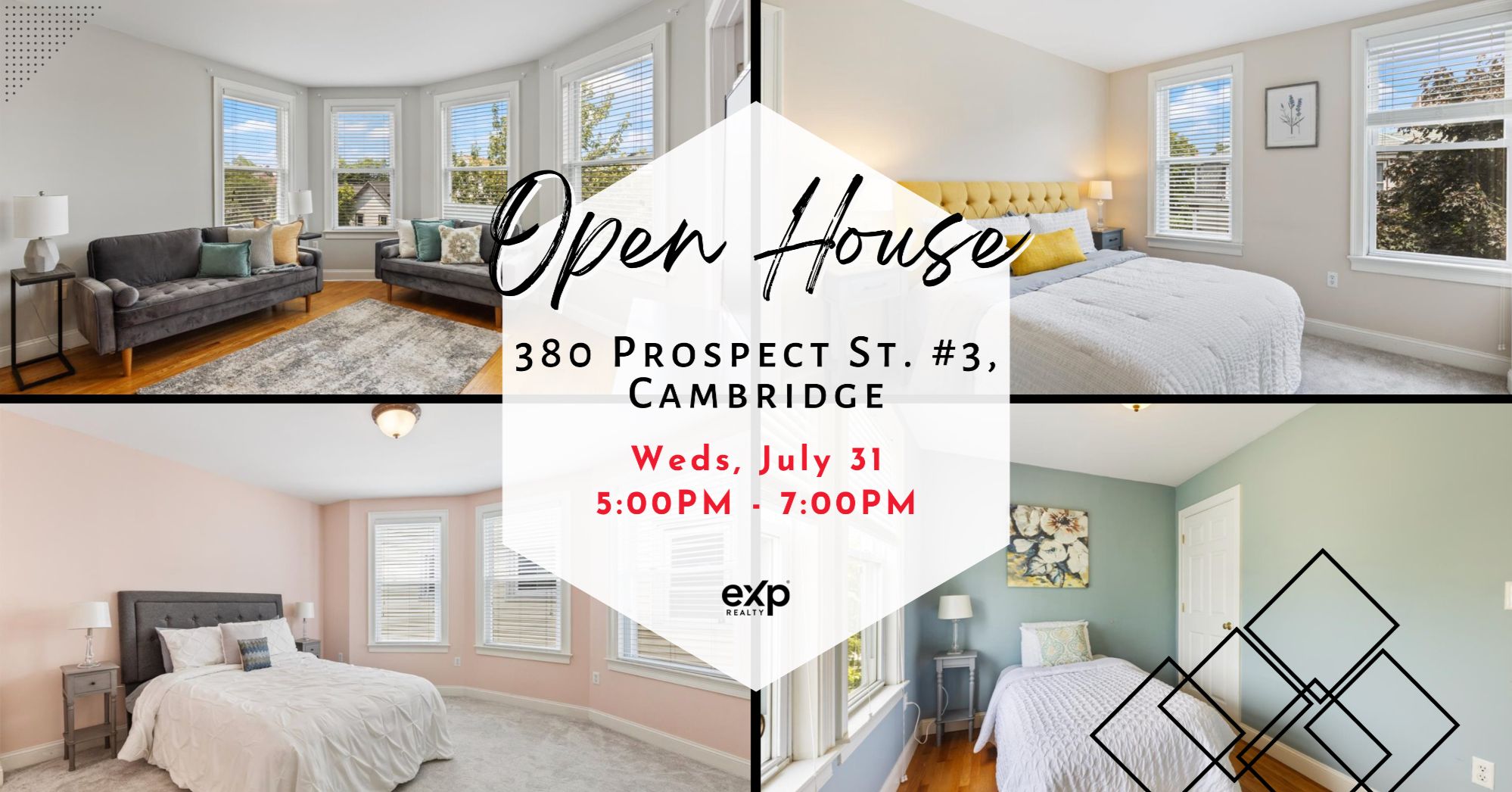
Categories
Recent Posts

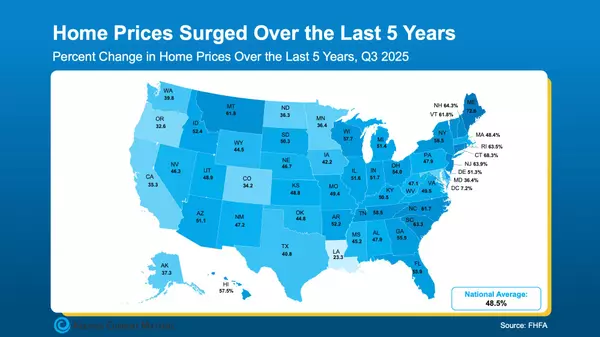
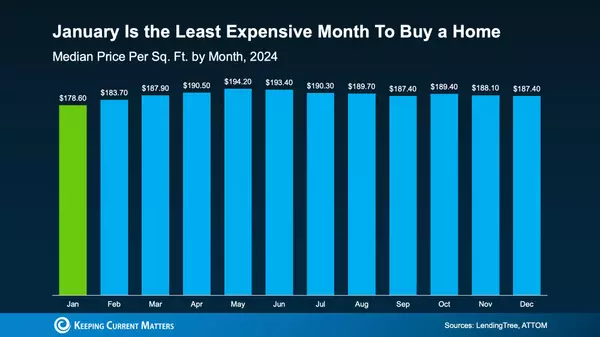
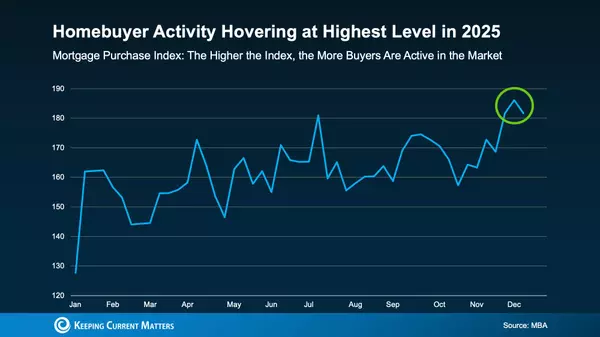
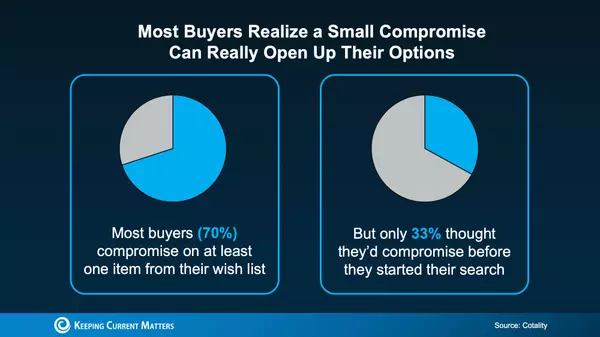
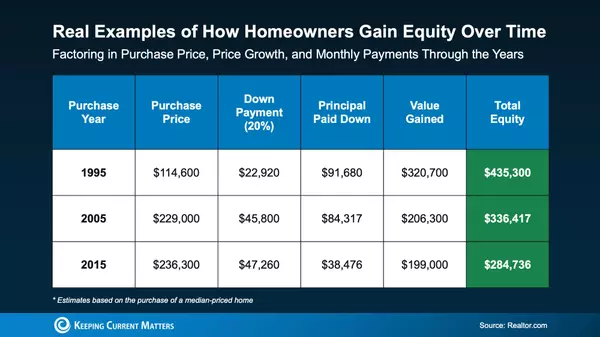
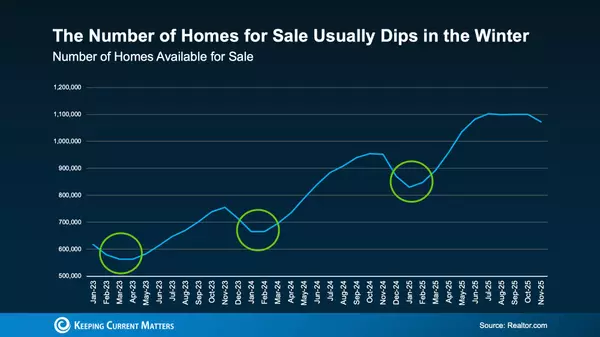
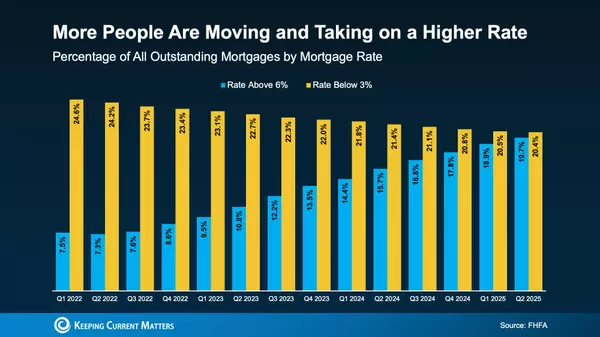
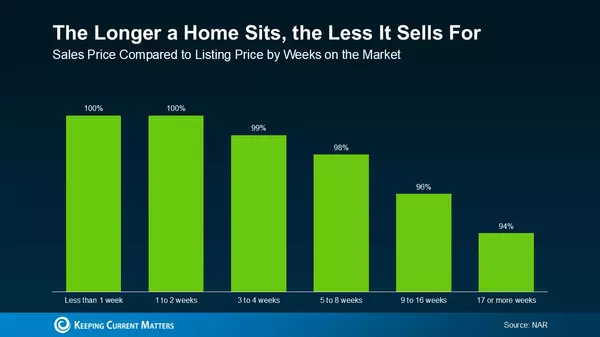
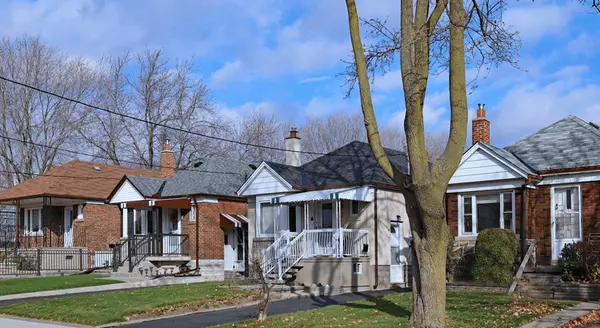
GET MORE INFORMATION


